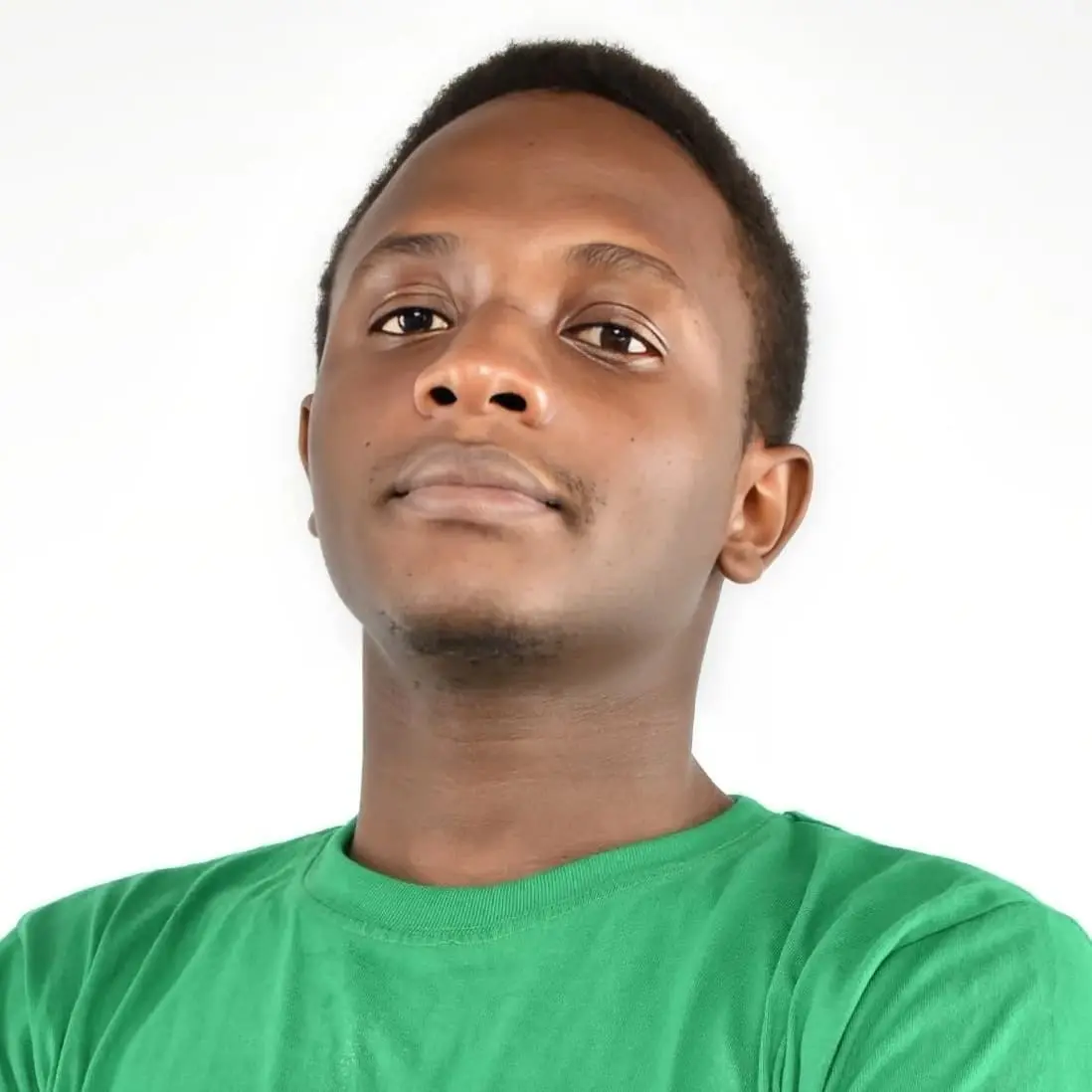Specialization Over Generalization: A Software Engineer's Path to Mastery
As a software engineer, the allure of learning every new language and framework is strong. However, true mastery comes from deep specialization in one domain, not generalization. This guide explores why focusing your efforts is crucial for expertise, productivity, and career growth as a developer.

As a software engineer, you’re surrounded by an ever-growing landscape of programming languages, frameworks, and technologies. From the latest JavaScript library to the hottest machine learning toolkit, the options seem endless – and the temptation to try to learn it all can be overwhelming.
But here’s the harsh reality: attempting to become a master of every coding domain is a surefire way to achieve mediocrity in all of them. In the world of software development, true expertise and mastery come from specialization, not generalization.
The Pitfalls of Being a Generalist Coder
You might think that being a jack-of-all-trades coder gives you an advantage in the job market. After all, having a diverse skill set means you can take on a wider range of projects, right? Unfortunately, it doesn’t quite work that way.
The truth is, companies don’t just want coders – they want specialists. They need engineers who can dive deep into their specific tech stack, understand its intricacies, and deliver high-quality, optimized solutions. A surface-level knowledge of multiple languages and frameworks simply won’t cut it.
Moreover, trying to juggle too many coding specialties simultaneously is a recipe for burnout and subpar results. Here’s why:
-
The Cognitive Load is Immense
Learning and mastering a new programming language or framework requires a significant cognitive load. You need to understand its syntax, best practices, design patterns, and quirks. When you spread your attention across multiple domains, you’re essentially trying to manage several intense cognitive loads at once – a task our brains are simply not wired for. -
Constantly Context Switching Kills Productivity
True productivity in coding comes from being able to enter a state of deep work, where you can focus intensely on a task for an extended period without distractions. When you’re constantly context-switching between different languages and frameworks, you’re disrupting that flow and incurring significant cognitive switching costs. -
Mastery Requires Deliberate Practice
Expertise in any field, including coding, is the result of deliberate, focused practice over an extended period. By spreading your attention too thin, you’re depriving yourself of the opportunity to engage in the kind of deliberate practice required for true mastery.
The Power of Specialization
On the other hand, when you specialize in a specific programming language, framework, or domain, you unlock a whole new level of productivity and innovation. Here’s why:
-
You Can Develop Deeper Expertise
By focusing your efforts on a single area, you can dive deep into its nuances, intricacies, and best practices. This level of expertise not only makes you more valuable to potential employers but also enables you to write better, more efficient code. -
You Can Achieve Flow State More Easily
When you’re working within a familiar coding environment, you can more easily enter a state of flow – that magical zone where you’re completely immersed in the task at hand, and productivity soars. This flow state is much harder to achieve when you’re constantly context-switching between different languages and frameworks. -
You Can Contribute to Open Source and Thought Leadership
As a specialist in a particular coding domain, you’re better positioned to contribute to open-source projects, attend conferences, and even write blog posts or books on the subject. This not only helps you solidify your expertise but also establishes you as a thought leader in your field.
The Path to Specialization
So, how do you go about specializing as a software engineer? Here are some steps you can take:
-
Identify Your Primary Interest
Take some time to reflect on what truly excites and energizes you in the world of coding. Is it web development, mobile apps, data science, or something else entirely? Whichever area piques your curiosity the most should become your primary focus. -
Immerse Yourself in That Domain
Once you’ve identified your primary interest, start immersing yourself in that domain. Read books, attend meetups, contribute to open-source projects, and, most importantly, practice coding in that language or framework as much as possible. -
Build a Portfolio of Real-World Projects
Nothing solidifies your expertise like building real-world projects. Create a portfolio of applications, tools, or libraries that showcase your skills and understanding of your chosen domain. -
Seek Out Mentorship and Guidance
Find experienced professionals in your area of specialization and seek out their mentorship and guidance. They can offer invaluable insights, feedback, and advice that can accelerate your learning and growth. -
Stay Up-to-Date with Industry Trends
While your primary focus should be on your chosen specialty, it’s still important to stay informed about broader industry trends and developments. This will help you contextualize your expertise and identify potential areas for future growth or expansion.
Overcoming the Fear of Missing Out
One of the biggest challenges you’ll face when specializing is the fear of missing out (FOMO) on other exciting technologies and opportunities. It’s easy to feel like you’re pigeonholing yourself or closing doors by focusing on a single area.
But the reality is, true specialization doesn’t limit your options – it expands them. By becoming a master in one domain, you’re building a solid foundation upon which you can later explore and expand into other areas. In fact, many of the most successful and innovative software engineers started as specialists before branching out into other domains.
Embracing a Balanced Approach
That said, it’s important to strike a balance between specialization and maintaining a broad understanding of the software development landscape. While you should dedicate the majority of your time and effort to your primary area of expertise, it’s still valuable to allocate some time to exploring new technologies and concepts.
This could involve setting aside a few hours each week for learning a new language or framework or attending a meetup or conference outside of your main area of focus. The key is to treat these side pursuits as supplements to your primary specialization, not as equal priorities.
Conclusion
In the ever-evolving world of software engineering, the temptation to become a generalist coder who knows a little bit about everything can be strong. But the harsh truth is that true mastery and innovation come from specialization, not generalization.
By focusing your efforts on a specific programming language, framework, or domain, you’ll develop deeper expertise, achieve greater productivity through flow states, and position yourself as a valuable specialist in your field. While it’s essential to maintain a broad understanding of industry trends, your primary focus should be on honing your skills in your chosen area of specialization.
Embracing specialization isn’t about closing doors – it’s about building a solid foundation upon which you can later explore and expand into other areas. So, don’t be afraid to dive deep into your area of passion and expertise. It’s the surest path to becoming a truly exceptional software engineer.
